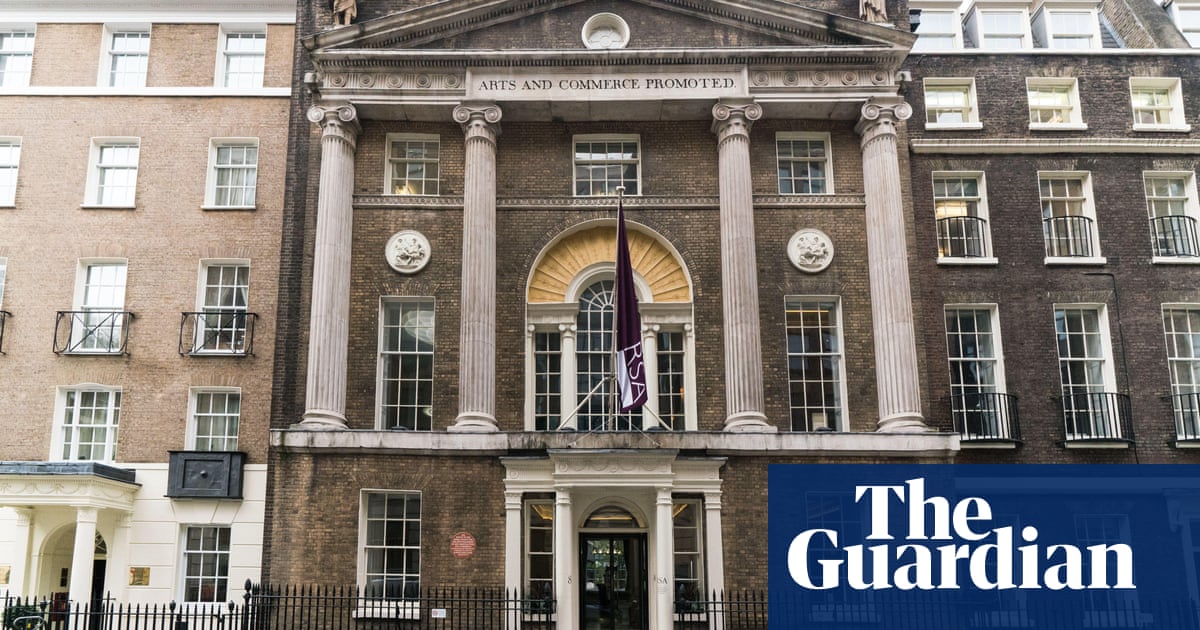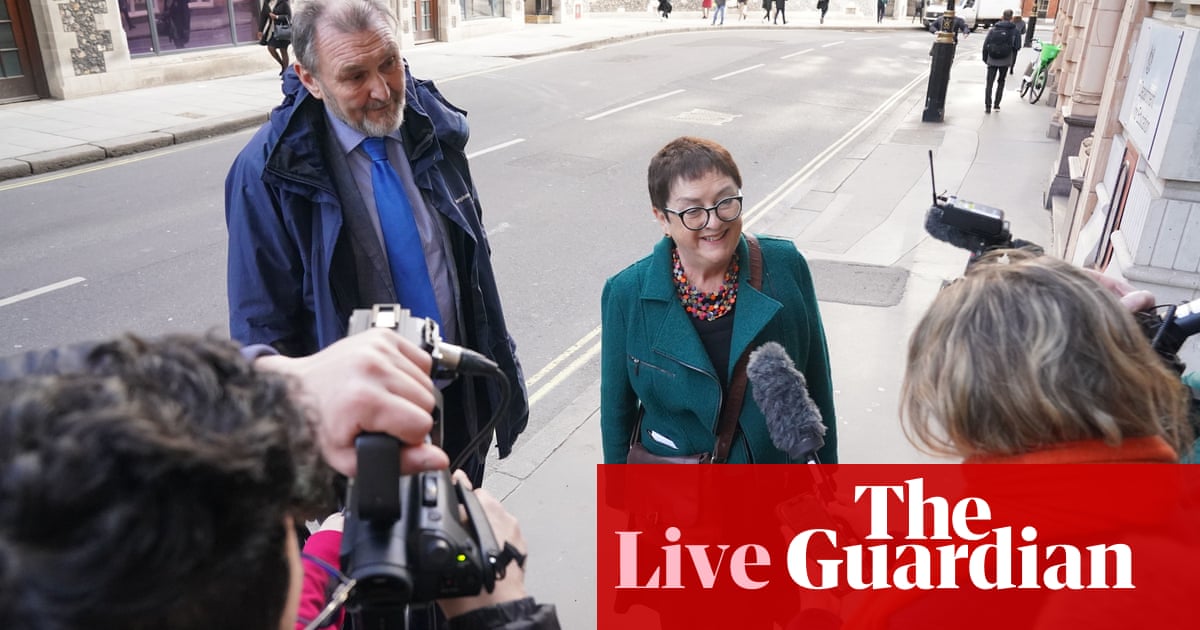
BT staff have voted for their first national strike in 35 years, which is expected to affect customers across the country having broadband services installed or getting faults fixed.
The strike by BT engineers and call centre staff represents the vast majority of its 58,000-strong frontline workforce, and the trade union organising the ballot has said that BT customers can expect disruption to services including repairs, having new phone and internet lines fitted or getting hold of support staff.
The UK’s largest telecoms company has been in dispute with the Communication Workers Union (CWU), which represents about 40,000 of the company’s 100,000 workforce, over pay as the cost of living soars.
“This is an incredible result that has been achieved despite a real culture of fear imposed by senior BT management,” said Dave Ward, general secretary at the CWU, who said that the result represents the first UK-wide call centre strike in British history.
“This proves beyond a shadow of a doubt that no worker in the UK is unreachable, that all workers are ready to stand up and fight for higher pay and, in some cases, better conditions.”
The ballot of staff at BT subsidiary Openreach, which maintains the UK’s internet infrastructure, resulted in a 75% turnout among 28,425 members with 95.8% voting for industrial action.
Among CWU members employed by BT, including more than 10,000 call centre staff, turnout was 58.2% with 91.5% voting in favour.
However the ballot of members at EE, the mobile operator acquired by BT in 2015, failed to achieve the 50% turnout required to make the vote valid. The CWU said that the 2,000 members who voted was just 8 short of the number required, with 95.8% in favour of striking.
Ward delivered an ultimatum to BT bosses giving the company until the end of next week to return to the negotiating table with a “significantly improved offer” or be served notice of industrial action. The earliest a strike can be called is 14 days after BT is served notice.
“There could be a very significant impact [if a strike goes ahead], you can’t underplay the significance,” said Ward. “These are the workers who combined control the maintenance and rollout of the UK’s broadband infrastructure. There are also key contracts with government agencies, security agencies – they manage those contracts. It will have an impact. The objective is to reach a fair settlement with the company.”
A spokesperson for Openreach, which employs more than 35,000 staff, mostly engineers, said that the company has contingency plans in place if a strike goes ahead.
“We have tried and tested processes for large scale colleague absences to minimise any disruption for our customers,” he said. “We proved this during the pandemic and as a precaution we are ready to do the same again should industrial action go ahead. We will do everything we can to keep our customers connected.”
In April, BT gave 58,000 workers a £1,500 pay rise that it said was its biggest award in two decades. The CWU, which is pushing for a 10% rise at BT as inflation hit a 40-year high of 9.1% last month, called the offer “insulting” and a “relative pay cut”.
BT’s chief executive Philip Jansen, who received a 32%pay rise last year to £3.5m due to bonuses and share awards, has said the company cannot afford to sweeten its staff deal. BT made almost £2bn in profits for the year to the end of March, with shareholders receiving £700m in dividends.
Ward also accused BT and other telecom companies of profiteering by putting up prices for consumers by up to 10% earlier this year at a time when inflation was about 5% – it has since risen to 9.1%.
“Our job is to balance the competing demands of BT Group’s stakeholders and that requires careful management, especially in a challenging economic environment,” said a spokesperson for BT. “The result of the CWU’s ballot is a disappointment.”












